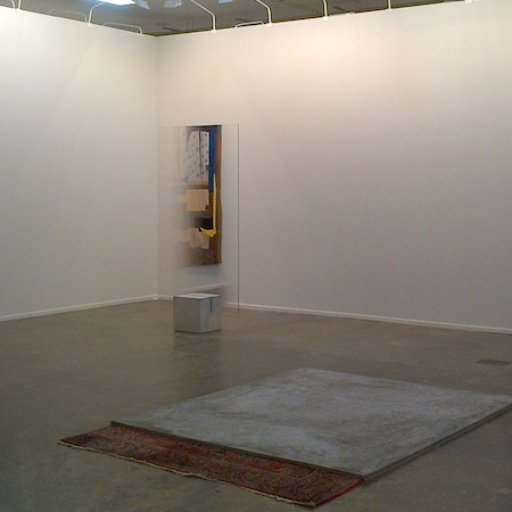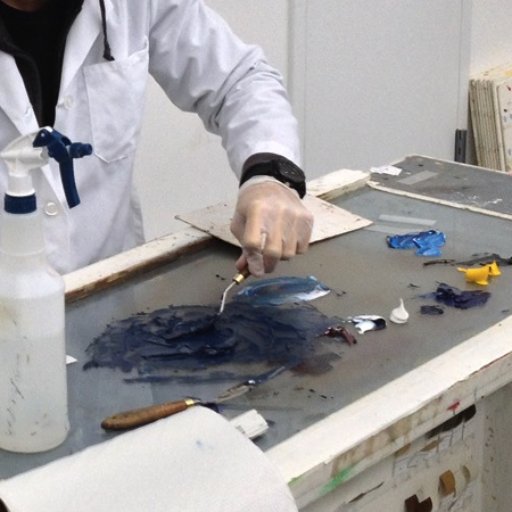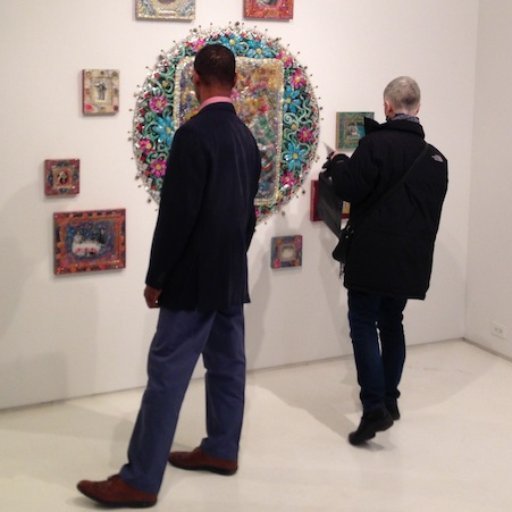Works Available for Purchase

Interview with the Artist
Your work is often called poetic. I wonder, what do you make of that description?
Well, I like to be called an artist, so when somebody calls me a poet I say, "I guess they don't quite get that yet." It seems to me that being a poet is something that speaks to a very special kind of perception in life, and I'm a little humbled by it, you know. At the same time, they didn't just come out and say, "He's an artist." So I don't really know what it means. I suppose they don't really have the language to describe me otherwise. But that is the key, of course, because anything new requires new language to understand it. And I think when people don't have the language to discuss you they discount you, or they say things like, "Oh, he's a poet." It's not quite giving me my own pigeonhole just yet, but it's better than being pigeoned in the wrong hole, if that makes any sense.
What kind of experience do you hope viewers have when they encounter your work?
I don't think I want any particular response. When people can beyond the threshold and get beyond the ragtag nature of the materials used—you know, a bottle, a jar, a marble, something found in the street—they construct their own poetry. I mean, I've had instances where people have come out of my shows weeping. They recognized that the bottles are a little anthropomorphic, and that the little cluster of them is a little family group, like five individuals lined up waiting for the bus; that the way they dangle by their necks is a little precarious and a little sad, suggesting things that are not so easily spoken about in mixed company, if you will. Lynchings, for instance, and hangings. There's a pathos that exists in these objects and the way that I combine them, and people respond to that. I also get, "Oh, your work is so much fun!" But there's another component here too.
Read the full interview here







